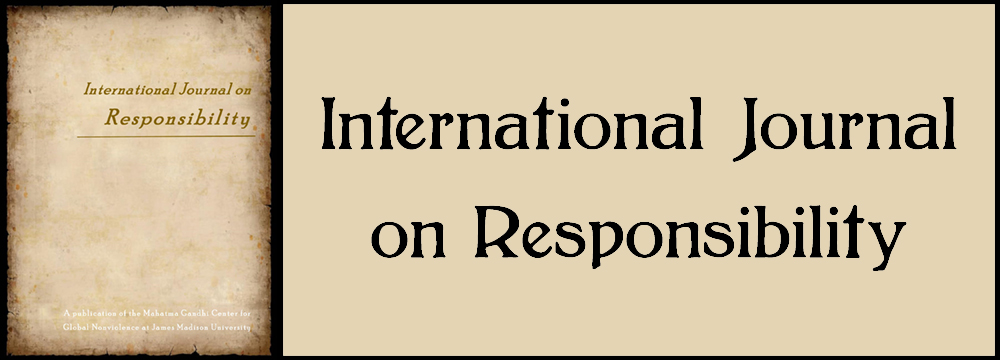
Abstract
Through various life events and circumstances, some individuals find themselves at a disconnect with their surroundings—unable to relate to peers, socially awkward, and socially isolated and outcast. As a result, socially constructed basic human needs (BHNs) of meaning, recognition, and justice can seem even more difficult if not impossible to satisfy. The resulting relative deprivation becomes more problematic for these individuals as they navigate pursuit of these BHNs absent the value opportunities provided by social bonds, such as shared experience, collaborative problem solving, emotional outlets, networking, and alternate perspectives. Simultaneously, empathy and bonding toward their communities are damaged or erased. Relative deprivation draws the lone wolf inward, where altered realities both further isolate the individual and seek to selfsatisfy unmet needs. Having exhausted their limited resources, violence itself becomes a value opportunity. The consistent thread of unsatisfied needs and frustration align lone wolf USMV more consistently with riot or lone wolf terrorist behavior than with a copycat syndrome. Understanding USMV from the standpoint of lone wolf riots provides a basis for examining how social and cultural structures contribute to the isolation and emergence of lone wolf rioters, and how social, structural, and cultural changes may help stem the phenomena.
Recommended Citation
Rosso, Heather E.
(2019)
"Lone Wolf Riots: Social Frustration & U.S. Mass Violence,"
International Journal on Responsibility: Vol. 3:
Iss.
1, Article 4.
DOI: https://doi.org/10.62365/2576-0955.1028
Available at:
https://commons.lib.jmu.edu/ijr/vol3/iss1/4
DOI
10.62365/2576-0955.1028
Creative Commons License

This work is licensed under a Creative Commons Attribution-NonCommercial-No Derivative Works 4.0 International License.


